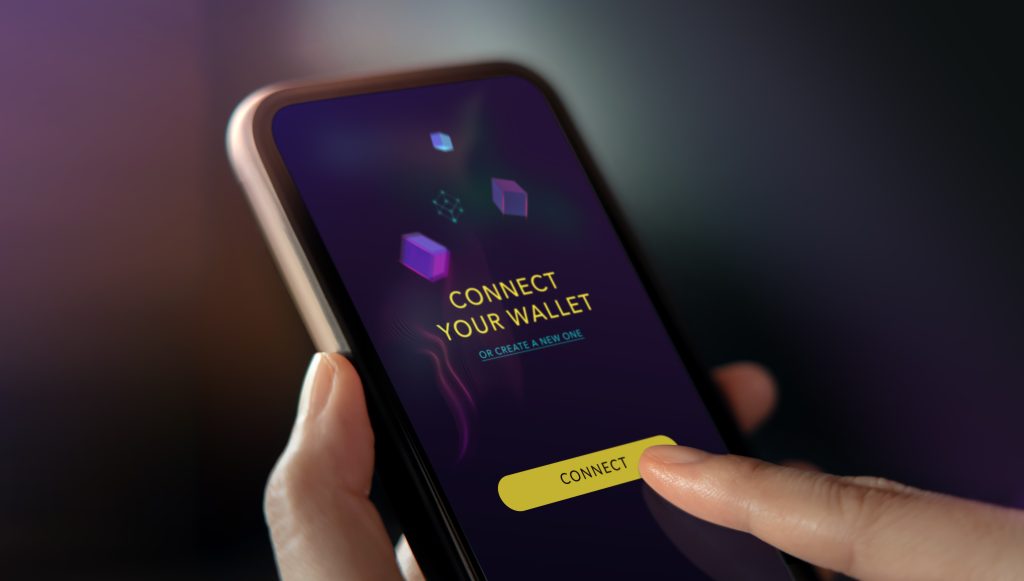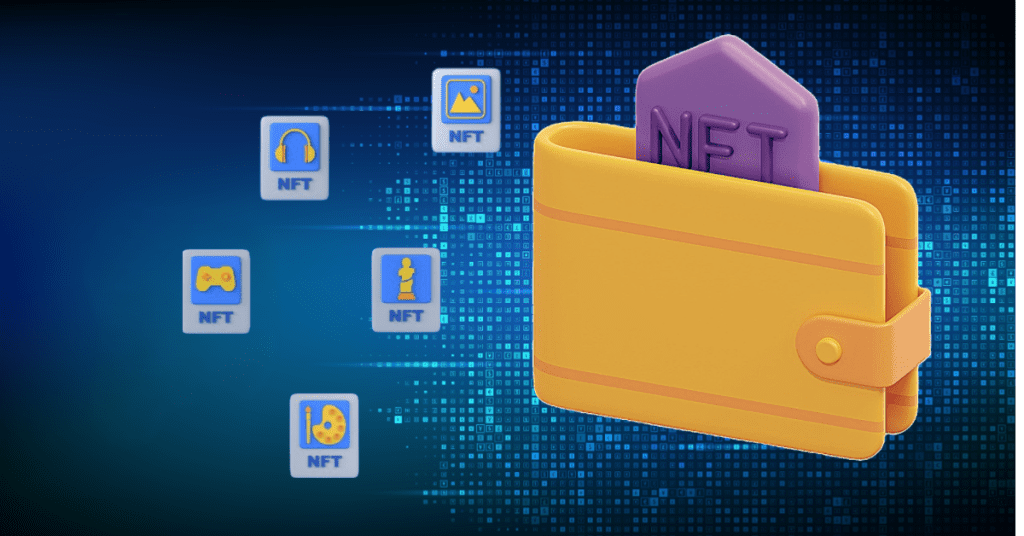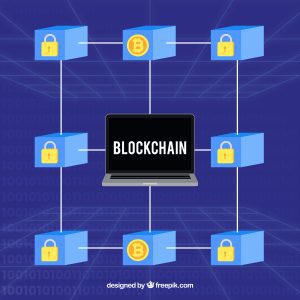The realm of digital assets is ever-evolving, and one of its more recent innovations is Non-Fungible Tokens (NFTs). The demand for a safe and efficient method to store these unique digital assets led to the creation of NFT wallets. So, what is an NFT wallet exactly?
An NFT wallet, in its simplest form, is a digital vault that stores and manages your non-fungible tokens (NFTs). Just like a physical wallet holds your cash and cards, an NFT wallet holds your digital assets – but with an extra layer of security and functionality. NFT wallets function by interacting with the blockchain, where these tokens exist. Not only do they store, but they also allow you to manage, transfer, and even sometimes trade these digital assets securely. As digital assets and crypto trends continue to captivate the world, the importance of NFT wallets has surged, making them indispensable tools for digital assets collectors and crypto enthusiasts alike.
Diving Deeper: The Technicality of an NFT Wallet


Understanding the functionality of an NFT wallet requires delving into the nitty-gritty of cryptography. Every wallet operates using a pair of cryptographic keys: a public key, which is visible to others on the blockchain, and a private key, which is kept secret. Your public key is like your email address, while your private key is like the password. You share your public key to receive assets, but your private key must remain confidential, as it allows access to your wallet and assets.
Moreover, many NFT wallets add an extra layer of security: two-factor authentication (2FA). This method necessitates two different forms of identification before granting access to your digital wallet. Typically, this involves confirming a notification on a separate device or inputting a code sent via SMS or an authentication app. This additional layer fortifies your wallet’s security, making it even harder for unauthorized users to gain access.
The Crucial Role of NFT Wallets in Securing Assets
The advent of NFTs brought a newfound need for stringent security measures. This is where the crucial role of NFT wallets comes into play. These wallets are designed to ensure the security of your non-fungible tokens in multiple ways.
Firstly, NFT wallets facilitate secure transactions. Each transaction made through your wallet is encrypted using your private key, making it nearly impossible for anyone to intercept or manipulate your transfer.
Secondly, NFT wallets act as secure storage facilities for your NFTs. Unlike conventional wallets, where theft or loss means the permanent loss of your assets, an NFT wallet’s cryptographic security measures provide an added layer of protection. If you lose your device or your wallet’s credentials, you can still regain access and recover your assets using your wallet’s recovery phrase.
Lastly, some NFT wallets provide a cold storage facility, which involves storing your private keys offline. This method takes your assets off the internet, away from potential online threats, and is considered one of the safest ways to store your digital assets.
Making the Right Choice: How to Select Your NFT Wallet?
Choosing the right NFT wallet is a critical step in your journey as a digital collector. You’ll want to consider several key factors in making this decision. Firstly, compatibility with the NFT marketplace you are planning to use is paramount. Not all wallets support all marketplaces, so ensure that your wallet of choice aligns with the platforms where you want to buy, sell or trade your NFTs.
A good NFT wallet should also have a user-friendly interface, making it easier for you to manage and interact with your NFTs. Look for features like an easy-to-navigate dashboard, straightforward asset management tools, and clear transaction processes.
Security should be a top priority when selecting your NFT wallet. Look for wallets that offer robust security features, including encryption, two-factor authentication, and recovery options. Multi-device support is also a useful feature to have, allowing you to manage your assets across various devices seamlessly.
Exploring Different Types of NFT Wallets: Software vs Hardware
NFT wallets broadly fall into two categories: software wallets, also known as ‘hot’ wallets, and hardware wallets, or ‘cold’ wallets. Both types have their unique features, advantages, and drawbacks.
Software wallets are applications that you install on your device. They are called ‘hot’ because they’re connected to the internet, making transactions quick and easy. However, this convenience comes with a risk, as being online makes them more susceptible to cyber threats.
Hardware wallets, on the other hand, are physical devices that store your private keys offline. They are termed ‘cold’ because they disconnect from the internet when not in use, significantly reducing the risk of online attacks. The downside? They’re not as convenient for regular transactions due to their offline nature and can be more costly than software wallets.
The NFT Wallet Landscape: Why It Matters


Understanding the landscape of NFT wallets is integral in today’s digital age. As NFTs continue to disrupt various sectors, including art, real estate, and entertainment, NFT wallets play an indispensable role. They not only provide a means to store and manage these unique digital assets but also offer a layer of security crucial in the digital sphere.
With a myriad of options available, from software to hardware wallets, each offering unique features and varying levels of security, making the right choice can greatly influence your NFT experience. It’s important to keep abreast of the evolving NFT wallet landscape, recognizing the value it brings in empowering individuals to take control of their digital assets and protect them from potential threats.









